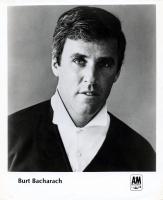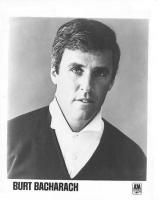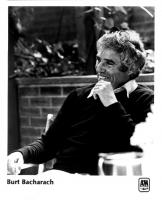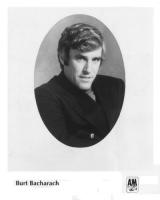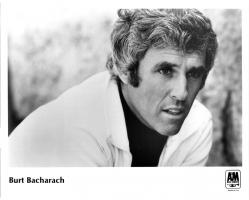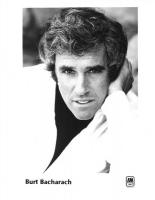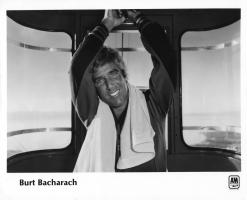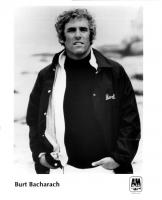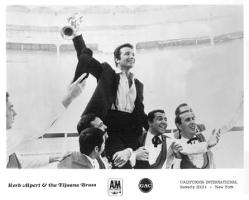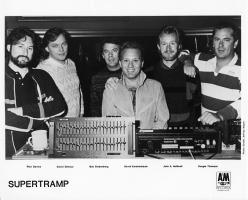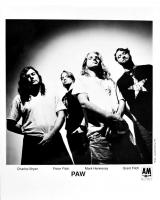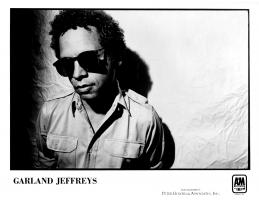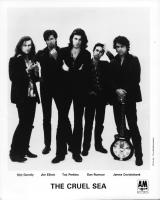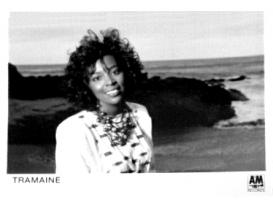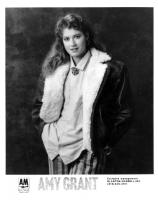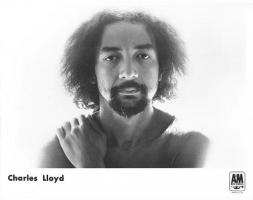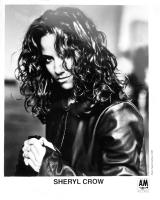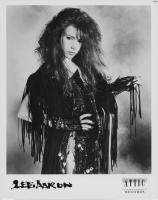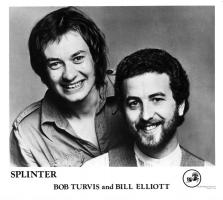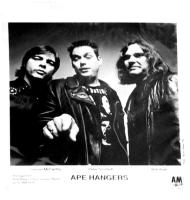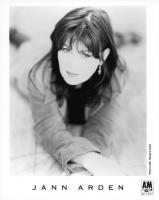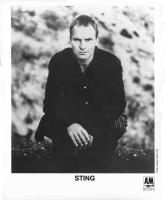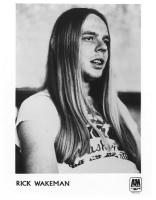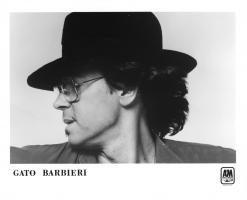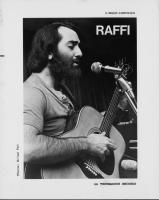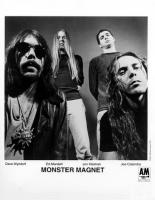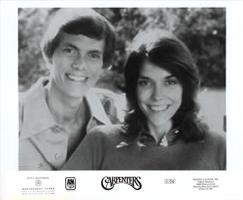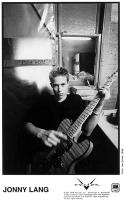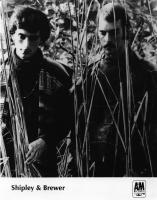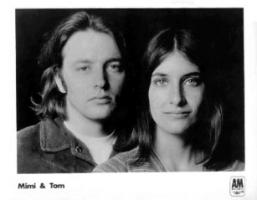Burt Bacharach
"With computers, you can find a great four-bar phrase you stumbled on and then quantify it so the rhythm is 100-percent perfect and paste that in 16 other places so you don't have to play it 16 times--and it can be the identical thing, almost a hypnotic thing. But peel it all back and there isn't a melody, just a lot of richness of sound."
"Part of me always questioned me. Whether I'm so good. Have I been derivative?"
"There's only so many notes you can work with. Then you meet Miles Davis, and he's saying, 'That tune "Alfie'" is really good, man.' Then you go through this thing where you'd say: 'He's good, Miles Davis. He's great. So if he said you wrote something that's really good, you have to give yourself a little more belief in yourself.'"
"I was working so hard [in the 1960s], I didn't allow myself the luxury of basking in the success that was going on.. It's like I'd finish one thing and be into the next. I cared so much in that moment about my work. It's like winning the horse race, and you don't even savor that moment in the winner's circle as much as you should. You're off to win the next race. I should have enjoyed it a little bit more."
--Burt Bacharach, New York Times July 31, 1997
An award-winning career: three Oscars, an Emmy, six Grammy Awards. If he had won the Tony Award for Promises, Promises, he would have been the second person in history to have an EGOT. Countless honors along the way including the inaugural Gershwin Prize for Popular Song from the Library Of Congress, the Johnny Mercer Award from the Songwriters Hall Of Fame, the Trustees Award and lifetime achievement award from the Recording Academy.
BACHARACH ON BACHARACH
Bacharach told Newsweek, "To get the emotion, it has to be generated by somebody. I'm not trying to prove anything as a conductor. Or as a pianist. Technically, I'm probably rotten at both. But it's heart felt, it's honest. I've got a feeling, you know; I'm not just beating time.... What I hear is pure melody, no beat. I never write at the piano. You want to get free of your hands--they'll go the familiar, trap you in the pretty chords. I never orchestrate at the piano except to check. The better pianist you are the easier you're trapped....I've never deliberately set out to break any [songwriting]rules. I look back at songs and wish I could have simplified them. It's not done to be clever. You've got less than two minutes in a song and you want every second to count. Forget rules. Just listen and feel....I get a greater kick out of making the record. You can have a hell of a song and have it spoiled by a bad arrangement or production. Because of the competition today and the enormous influence of the record industry, you need the right showcase for a song." On orchestration he said, "It's a question of what you hear. What's going to fit, in the rhythm section on the second and fourth beat--not how can you show everybody what great orchestrations you write. It's a goddam crossword puzzle and what I keep is what I think will help the song and free the singer. Of course, if the song isn't there, you're not going to disguise it with beautiful strings."
"The songs that came in for [the Ames Brothers] were so deceptively simple...that I thought, "Geez, I ought to be able to write four or five of these a day...Well, I went a year without getting anything published. What I learned, of course, was that it was not so simple. In fact, it's the hardest thing in the world to write a simple melody that's fresh and doesn't sound stolen."
"You never know what is going to happen when a song of yours is recorded. The feeling can be terrific, especially if somebody is whistling one of my songs and they don't know you're standing nearby. That's the greatest."
THE A&M RECORDS YEARS
Signed with A&M Records in early 1967 to a recording and producing contract.
Bacharach's first album for A&M Records Reach Out spent over a year on the Billboard 200 album chart.
Newsweek reported that the sheet music for "Raindrops Keep Fallin' on My Head" sold almost one million copies. In 1970, a big seller would move 150,000 copies. Bacharach recalled the original single of "Raindrops" because he felt the beginning was too fast. "For me, if it's off a per cent and a half, that looms large. It's my life." When asked about concerts, he said, "We're exposed, naked, like in a fishbowl. The music can be damned difficult but you can't stop as if it were a studio. It's a competition, with one chance to win, and what you win is the live audience, to make them really listen and care about the music."
While he was an A&M artist, Burt Bacharach wrote the score for the Broadway show "Promises Promises" which was nominated for eight Tony Awards in 1969.
The album Make It Easy on Yourself peaked at #19 on the Billboard Best Selling Jazz Album chart on August 23, 1969. The album was on the chart for three weeks.
Butch Cassidy and the Sundance Kid was A&M Records first soundtrack and its first Academy Award winning recording.
The 1970 Grammy Awards Song of the Year saw the first songwriting team to be nominated for two songs "I'll Never Fall In Love Again" and "Raindrops Keep Fallin' On My Head."
Burt Bacharach's self-titled 1971 A&M album peaked at #18 on the Billboard album chart and was the highest charting album of his career. A&M Records mounted one of its largest ad campaigns to date for the self-titled album. It included full-page ads in large metropolitan television guides plus Time, New York Magazine, and trade ads. Distributors were given special ad mats, radio spots, promotion kit and piece. Sunset Strip had a 48' x 14' billboard.
The 1971 television special Singer Presents Burt Bacharach won the Emmy Award for variety or musical special. That show was competing against another show Another Evening With Burt Bacharach.
The ABC Movie of the Week (1969-1974) adapted Burt Bacharach's song "Nikki" as its theme song after the producer heard it on A&M's Burt Bacharach album. The song was written three years earlier upon the birth of Bacharach's first child Lea Nikki. While most know it as an instrumental song, Hal David wrote a lyric for the song.
"All Kinds of People" from the Burt Bacharach album was used for the annual United Way campaign in 1972.
"With computers, you can find a great four-bar phrase you stumbled on and then quantify it so the rhythm is 100-percent perfect and paste that in 16 other places so you don't have to play it 16 times--and it can be the identical thing, almost a hypnotic thing. But peel it all back and there isn't a melody, just a lot of richness of sound."
"Part of me always questioned me. Whether I'm so good. Have I been derivative?"
"[The album "Woman"] has spontaneity and vitality. It was a great challenge and the result is hard to peg. It isn't classical, although it leans that way. It covers a wide range of feelings. I've always strived to change. It's never been a deliberate thing, I just follow my natural flow. This is something I've always wanted to do."
The recording of Woman "was a carefully structured master plan. We had no perspective in rehearsal. We spent two hours and 40 minutes of actual recording time for the album. It was a bit like Russian roulette. There was no tomorrow. It had to be done right this one time."
OFFICIAL PROMOTION BY A&M RECORDS
Futures New Music On A&M Records
What the World Needs Now: Burt Bacharach Classics liner notes
What the World Needs Now: Burt Bacharach Classics press release
- Burt Bacharach Is Music's Man for the '70s. Hubert Saal. Newsweek, June 22, 1970.
- A&M Bacharach Drive on New Album, Video Special. Cash Box, February 13, 1971.
- 'Pigeonholed,' Says Bacharach of Image. Ellis Widner. Billboard, September 11, 1979.
- Burt Bacharach: Cool Again. Amy M. Spindler. New York Times, July 31, 1997.
- Off the Record: An Oral History of Popular Music. Joe Smith. New York: Warner Books. 1988.
Official autobiography: Anyone Who Had a Heart: My Life and Music

